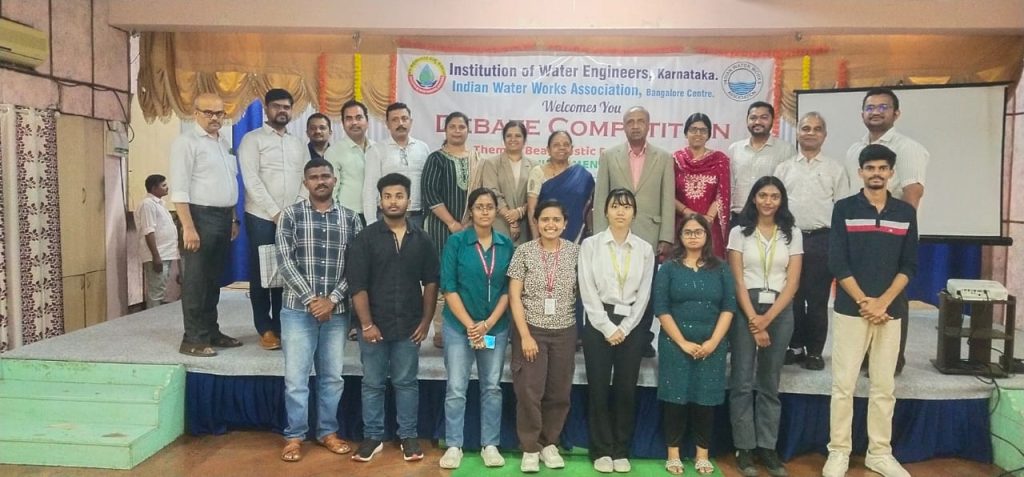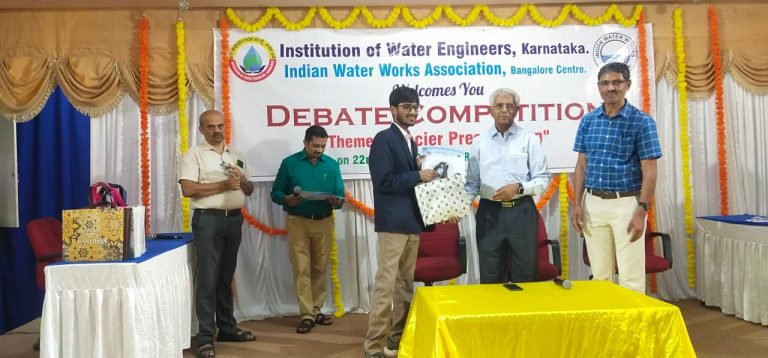World Environment Day 2025
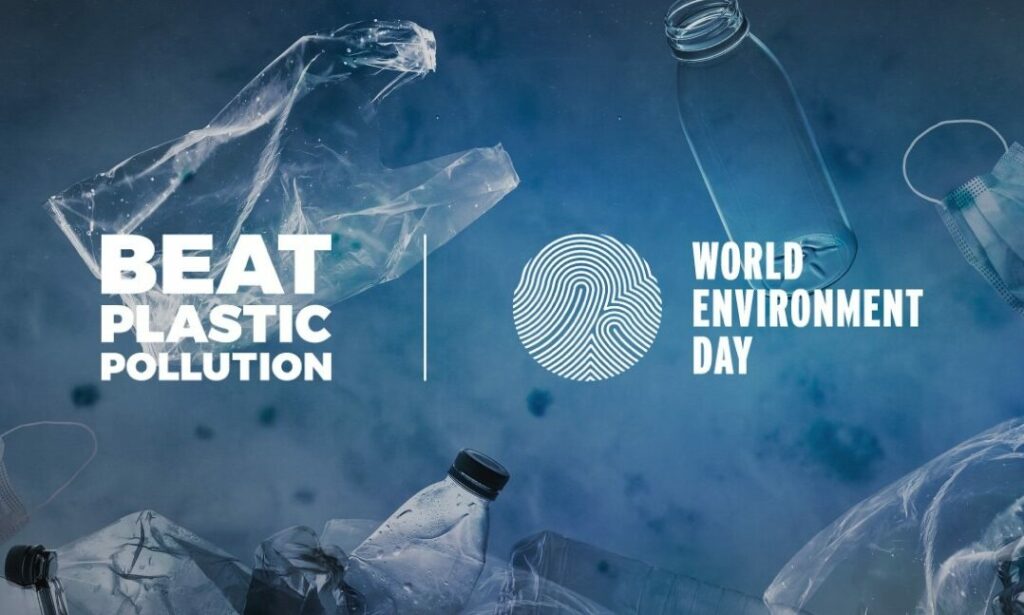
The Institution of Water Engineers, Karnataka in association with Indian Water
Works Association, Bangalore Centre celebrated the World Environment Day 2025 – A Day of Innovation, Insight & Impact!.
World Environment Day 2025 — a day that reminds us of our shared responsibility towards the planet we call home. An event that blends youthful energy, innovative ideas, and environmental awareness, with a special focus on engineering solutions for a sustainable future.
The inauguration of the event
In Indian tradition, lighting a lamp before the start of any event or gathering is a sacred and symbolic act. It marks the dispelling of darkness and ignorance, and the ushering in of knowledge, wisdom, and auspiciousness.
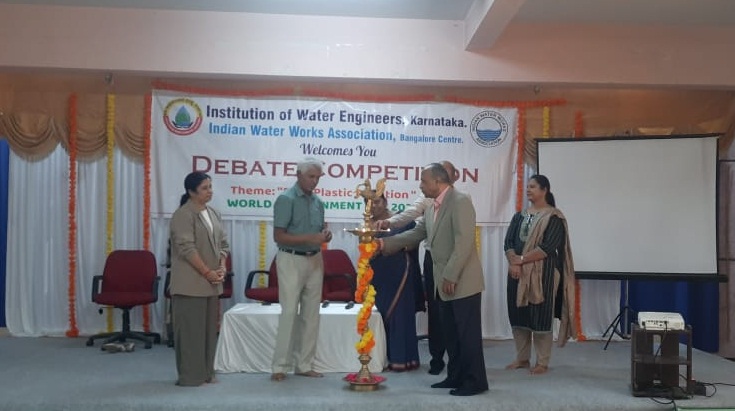
शुभं करोति कल्याणं
आरोग्यं धनसंपदा।
शत्रुबुद्धिविनाशाय
दीपज्योतिर्नमोऽस्तुते॥
Meaning in English:
“I bow to the light of the lamp,
which brings auspiciousness, health, and prosperity,
which destroys negative thoughts,
and which is the embodiment of knowledge and wisdom.”
असतो मा सद्गमय ।
तमसो मा ज्योतिर्गमय ।
मृत्योर्मा अमृतं गमय ॥
Asato Ma Sadgamaya is a profound Vedic mantra from the Bṛhadāraṇyaka Upanishad, and it’s perfect for solemn and meaningful occasions like World Environment Day event. It invokes a transition from ignorance to knowledge, darkness to light — aligning beautifully with the symbolism of lighting the lamp.
The flame of the lamp represents the inner light — the divine within each of us — and signifies the victory of good over evil, knowledge over ignorance, and hope over despair. It is a moment of invoking positive energy, and a reminder that all beginnings should be rooted in clarity, purity, and reverence.
Key Note address by Mr. George Chacko
Mr. George Chacko — a seasoned professional whose career reflects a rare blend of technical expertise, business insight, and environmental stewardship.
Mr. Chacko is a Chemical Engineer with a postgraduate degree in Business Management, and he brings with him nearly 30 years of diverse industry experience. Over the course of his career, he has worked extensively in the chemical and battery manufacturing sectors, taking on roles that span quality control, process management, EHS (Environment, Health & Safety), and supply chain operations.
Currently, he serves as the Regional Head – South India for the Certification Business at Bureau Veritas India Pvt. Ltd., a role in which he oversees the implementation of internationally recognized standards across organizations.
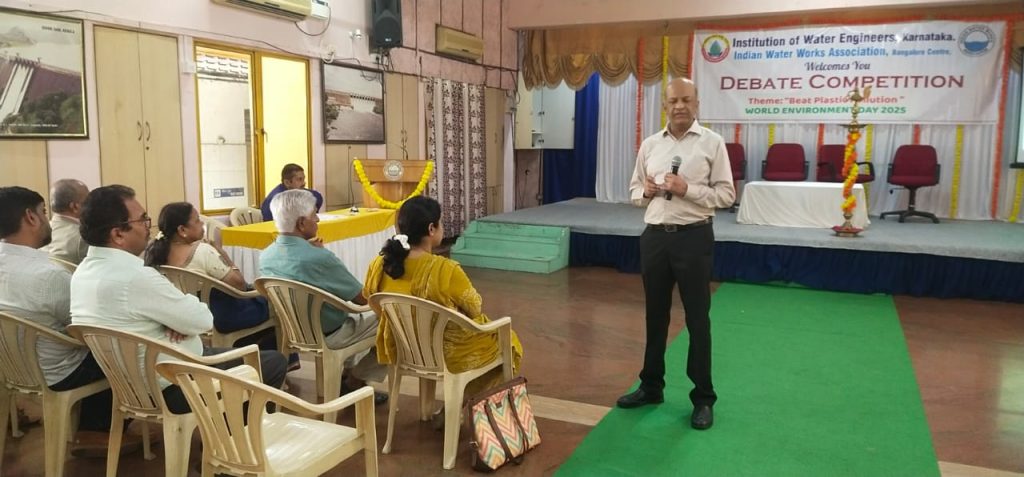
He is also a qualified Lead Auditor and Tutor, certified for multiple ISO standards, including ISO 14001 (Environmental Management Systems) and ISO 50001 (Energy Management Systems). With over 3000 mandays of auditing experience and more than 200 mandays in training, his knowledge is both deep and practical — shaped by real-world implementation across industries.
Mr. Chacko’s presence here was particularly fitting as we reflect on this year’s environmental theme. His insights promise to enlighten and inspire us, bridging the gap between policy, practice, and performance in the context of sustainability.
Some glimpses from the Key Note
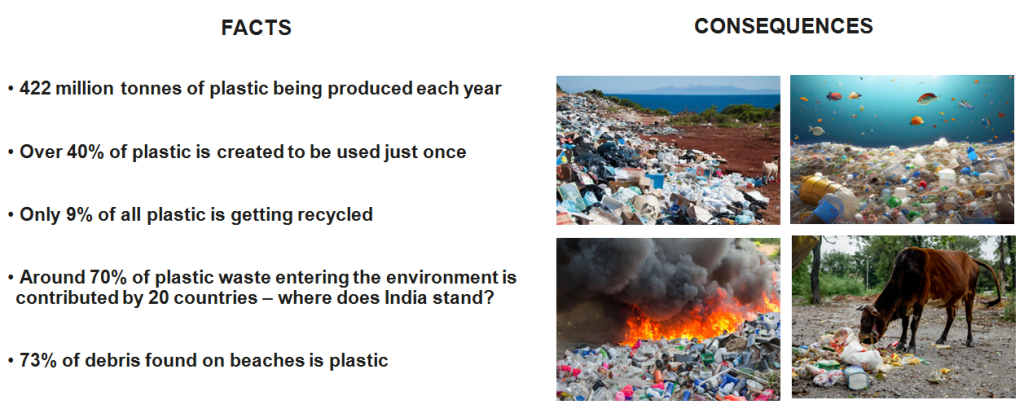
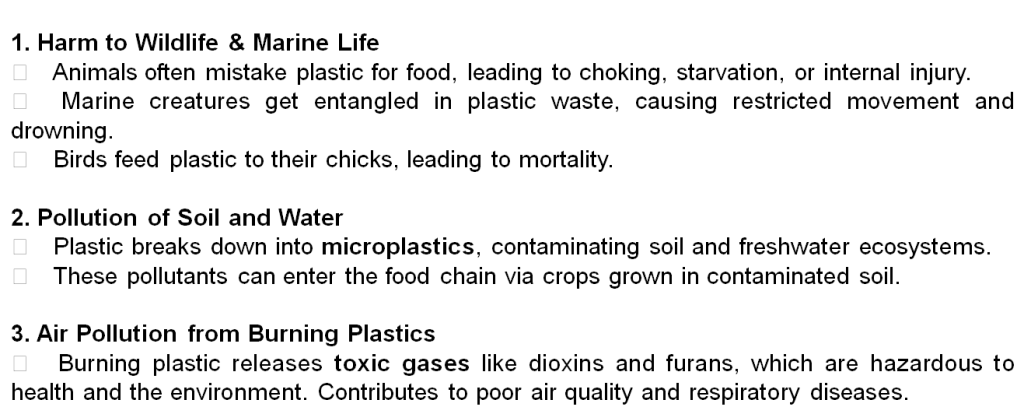
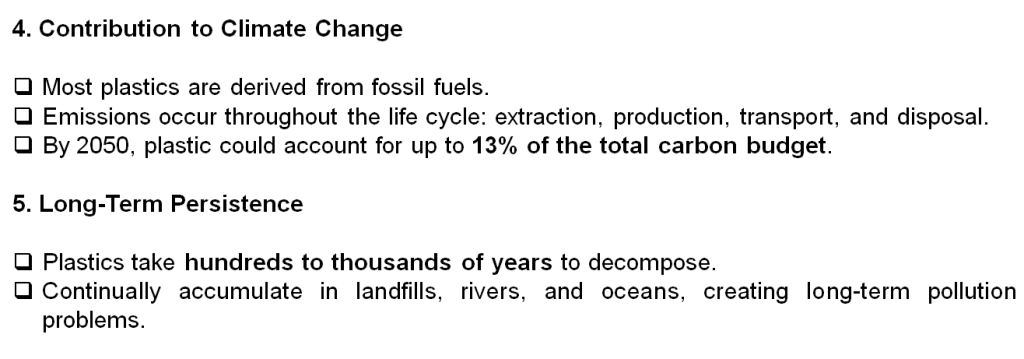
How we can improve the situation
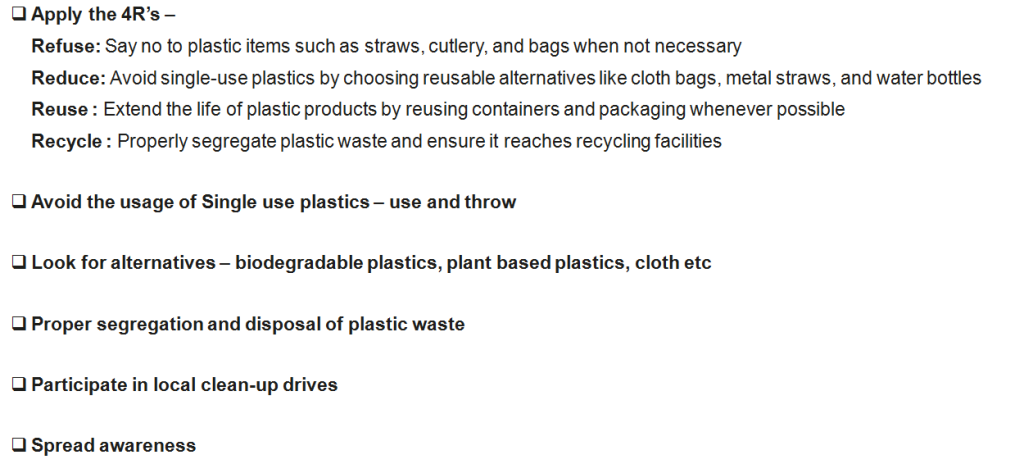
Introduction about the organizations I.W.W.A and I.W.E.K
Mrs. Pavithra, who is currently serving as the Executive Engineer, Bangalore Division of the Karnataka Urban Water Supply and Drainage Board (KUWSDB). She holds a Master’s degree in Environmental Engineering and brings both technical expertise and visionary leadership to her role, gave an introduction of the organizations
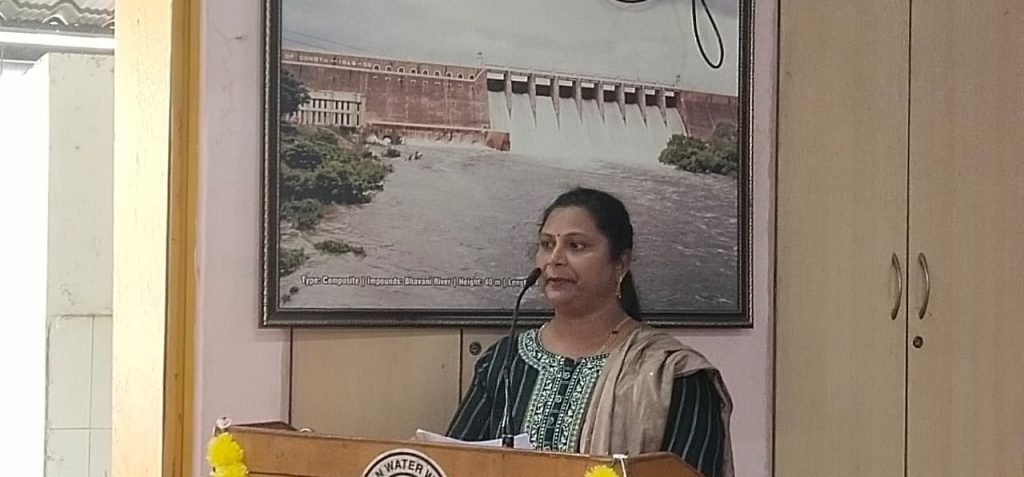
Then we proceeded to the main section of the day “Debate”
History, Importance, and Outcome of a Technical Debate
📜 History of Technical Debates:
Debates have been a cornerstone of intellectual tradition since ancient times. In India, the concept of Shastrartha — scholarly discourse and debate — was practiced in universities like Nalanda and Takshashila, where learned individuals would engage in respectful argumentation to arrive at the truth.
In the modern era, technical debates have evolved within academic and professional institutions as platforms for engineers, scientists, and policy thinkers to explore contrasting viewpoints on complex technical issues. They form an essential part of conferences, symposiums, and even governance processes.
Importance of a Technical Debate:
- Encourages Critical Thinking:
Unlike a lecture or a presentation, a debate challenges participants to think from multiple perspectives. It sharpens their ability to analyze, question, and justify their arguments using evidence and logic. - Promotes Deep Understanding of the Subject:
To argue effectively, one must first understand the topic thoroughly. Debaters must explore technical principles, real-world implications, and emerging innovations, often beyond textbooks. - Fosters Respectful Discourse:
In the professional world, engineers often disagree — on methods, materials, or policy. A technical debate teaches how to disagree constructively, listen actively, and present counterpoints with clarity and courtesy. - Stimulates Innovation:
When different ideas collide, new possibilities emerge. Debates often highlight gaps, provoke new questions, and spark creative thinking, which can lead to innovation or new policy directions. - Bridges Academia and Practice:
A good debate connects theory with application — helping students and professionals alike see the real-world relevance of what they study or design.
🏁 Expected Outcomes of a Technical Debate:
- Clarity on complex issues: Participants and audience gain better insights into both sides of a pressing technical problem.
- Skill development: Debaters improve their communication, reasoning, and teamwork skills — essential for any engineer or policymaker.
- Community awareness: The audience is made aware of emerging challenges and technologies, fostering collective responsibility and informed decision-making.
- Actionable ideas: Sometimes, debates lead to recommendations, pilot projects, or academic research topics, making them a source of practical outcomes.
✨ In Summary:
A technical debate is not about winning an argument, but about exploring truth, encouraging inquiry, and building a culture of thoughtful dialogue. It is an essential part of professional growth, especially in fields like engineering and environmental science, where the future depends on the quality of today’s discussions.
About our Judges for the Debate
Dr. Usha Krishnamurthy, retired professor UVCE
Dr. Nisha Anand:
a distinguished expert in the field of Environment, Health, and Safety (HSE), currently serving as the General Manager – HSE at Bureau Veritas India Services.
Dr. Nisha holds a Ph.D. in Marine Science from the CSIR–CSMCRI Laboratory in Bhavnagar and is a University Gold Medalist in both her M.Sc. and B.Sc. in Environmental Science from Sardar Patel University. Her academic excellence is matched by her professional credentials, including being a Certified Lead Auditor for ISO 14001:2015 and ISO 45001:2018, a NEBOSH IGC-certified professional, and a trained Environmental Impact Assessment (EIA) assessor from IIT Kharagpur.
With over 17 years of experience across diverse sectors such as mining, manufacturing, and IT, she brings a rich blend of scientific insight and practical knowledge. Dr. Nisha has authored 7 peer-reviewed journal articles and over 15 technical reports, contributing significantly to the field of environmental safety and sustainability.
The topics were
- “Plastic – Engineering Marvel or Environmental Menace?”
- “Are biodegradable plastics the real solution?”
- “Advanced plastic recycling technologies are more practical than banning plastic.”
- “Replacing plastic with metal/glass/paper is more harmful to the environment.”
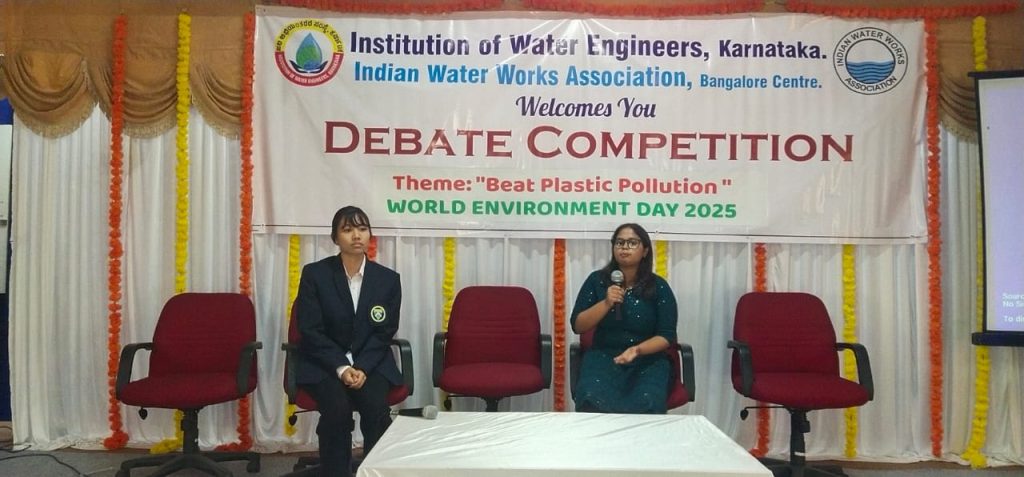
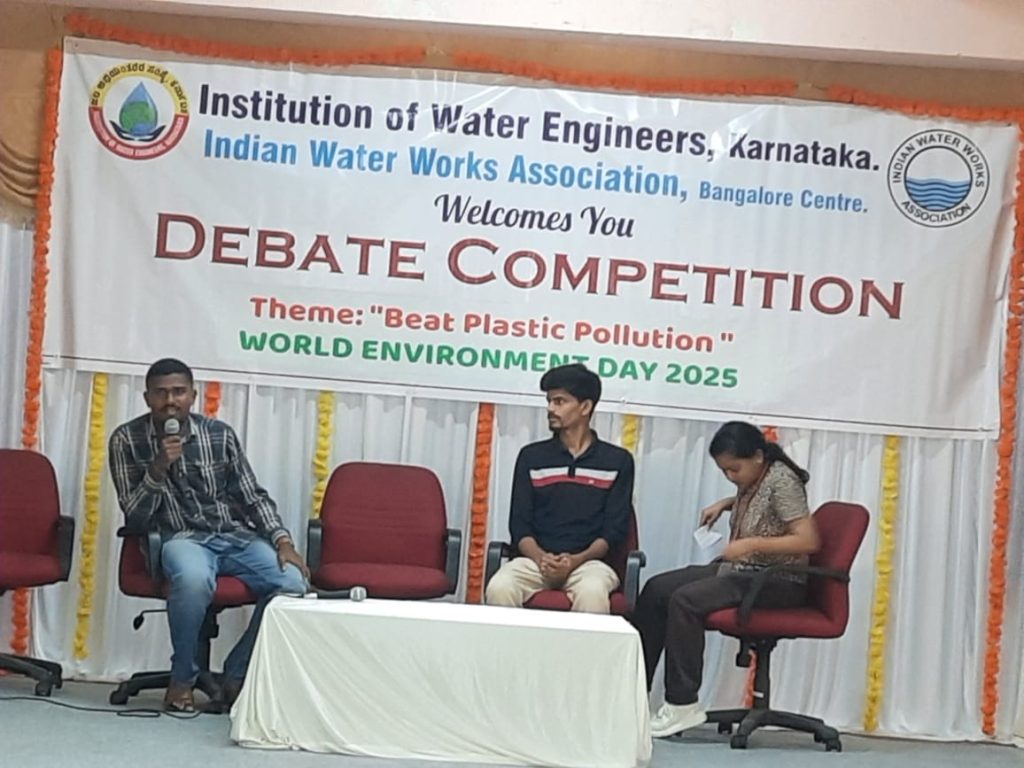
As we came to the close of today’s event, we stood here with immense gratitude and pride. This World Environment Day celebration has truly been a reflection of passion, purpose, and participation — all coming together under one roof for a cause that affects us all.
A heartfelt thank to all the students who participated in the debate and pitch presentations. The level of insight, research, and articulation demonstrated was truly commendable. The students brought their voices, knowledge, and vision for a better environment — and have made this platform richer through your contributions.
Judging performances was no easy task. The competition was intense, and every team delivered exceptionally well. It was not just a contest — it was a celebration of ideas, innovation, and spirited engagement.
Congratulations to all the winners! But we say once again — everyone here is a winner, because today we planted seeds of thought, and that in itself is a step toward change.
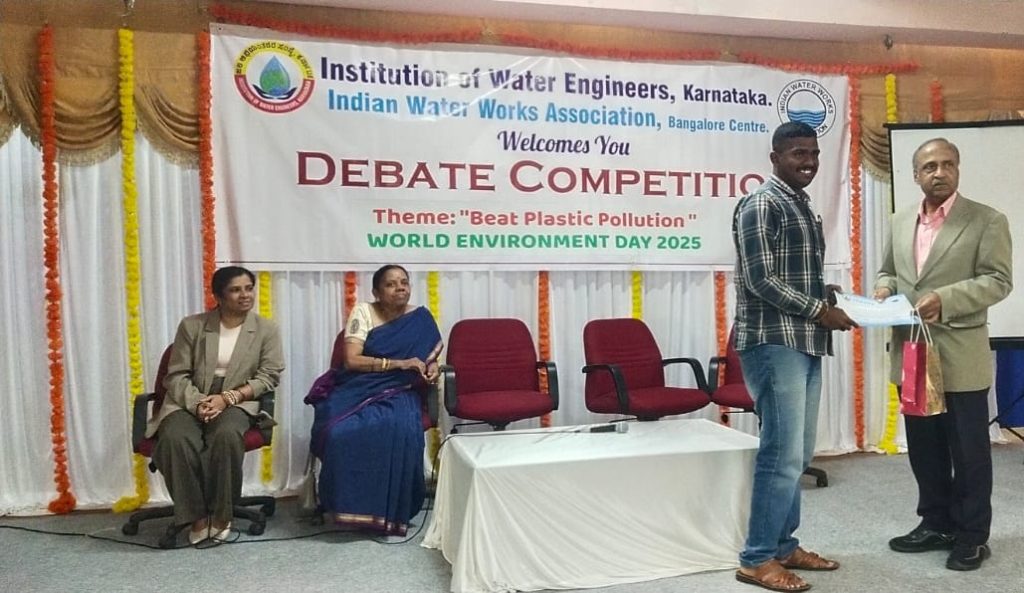
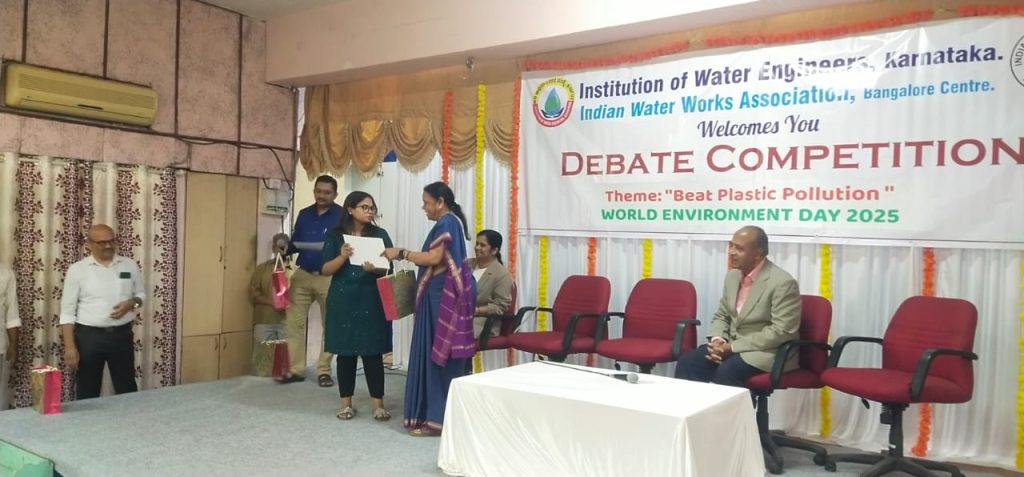
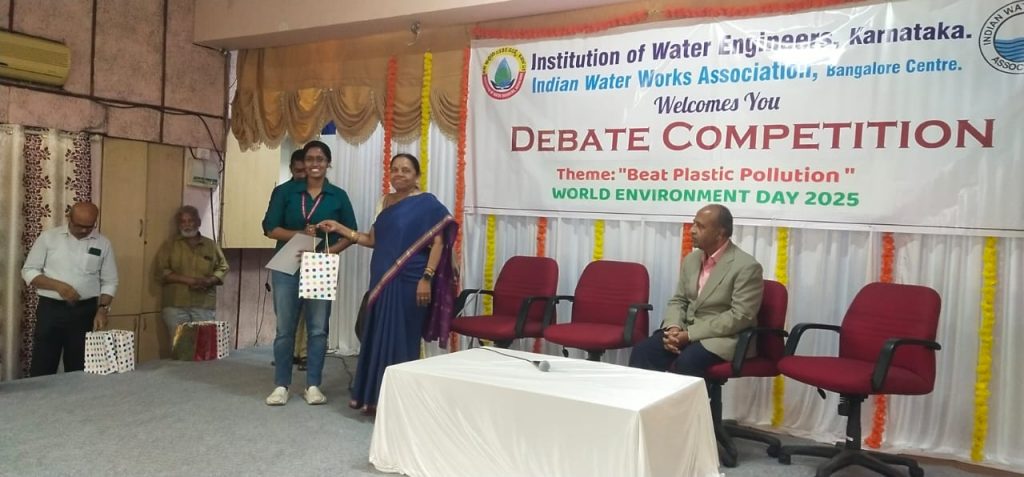
Finally, on behalf of the organizing committee, we thank profusely to all who supported this event:
- Our Chairman, Keynote Speaker, and Judges for their time and invaluable contributions
- The students, faculty members, and volunteers who made the event vibrant and engaging
- The technical team and staff who worked behind the scenes
- And of course, each and every participant and guest who made this event a grand success
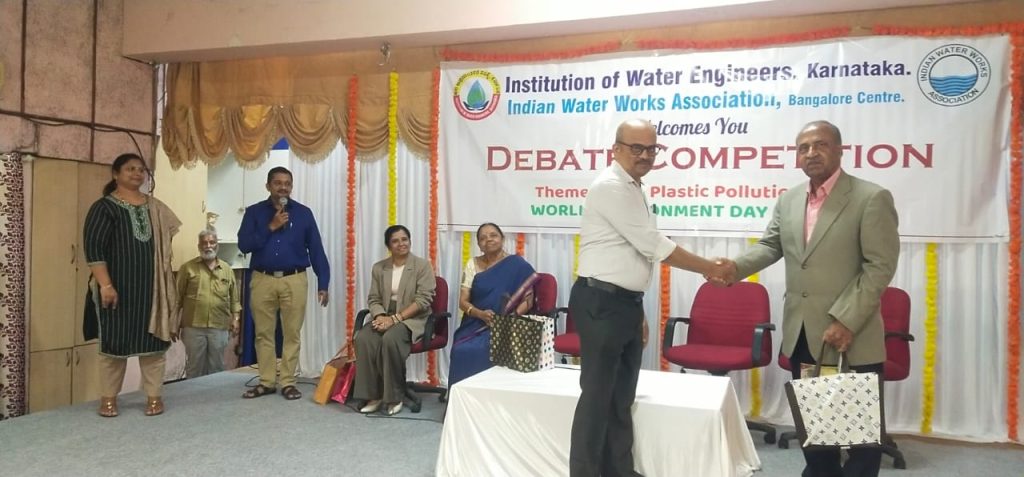
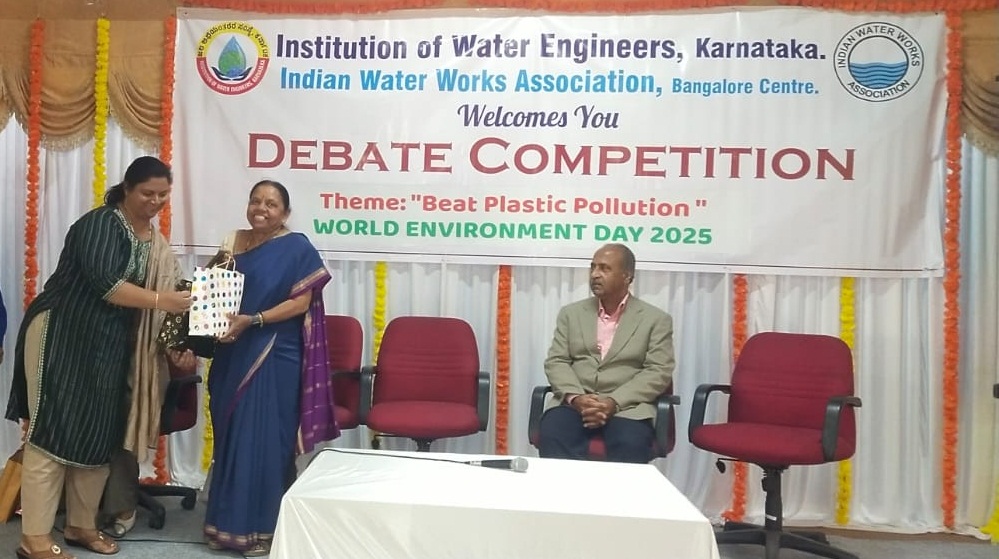
We specially thank Sri. Mallikarjun patil AEE, KUWSDB Division Hospet, who had traveled such a long distance to encourage the youth and create awareness in them.
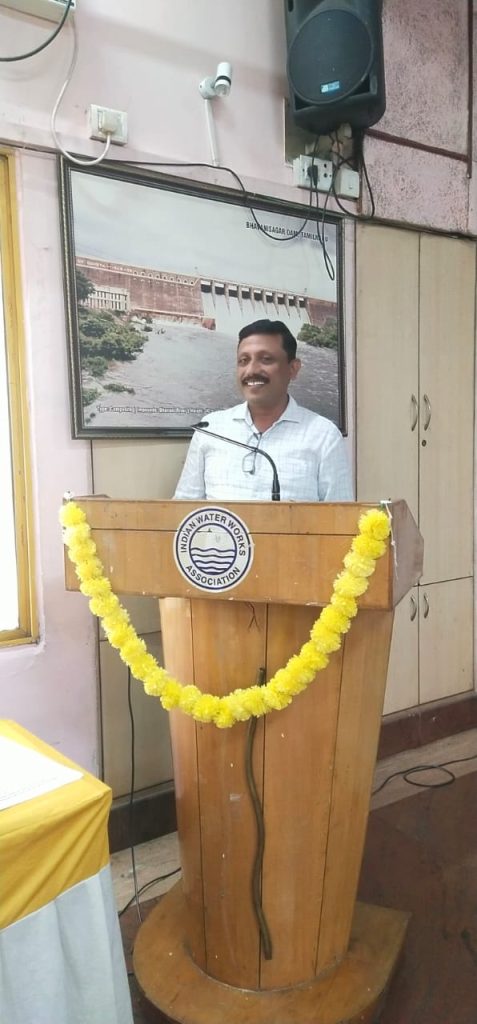
Let us take the spirit of today forward — not just as a memory of celebration, but as a call to action in our personal and professional lives.
